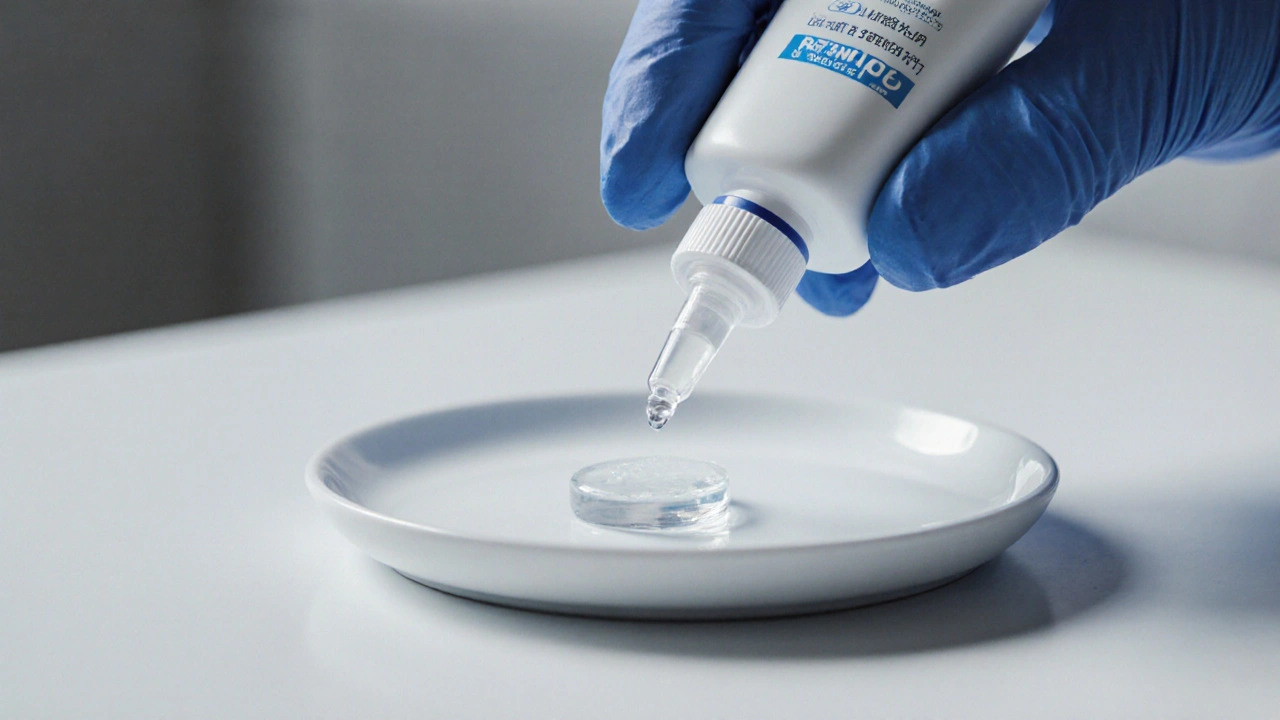Anti‑Aging: Science, Skin Care, and Lifestyle Tips
When you hear anti‑aging, you probably think of creams that erase wrinkles, but the real story is about slowing the body’s natural decline. When working with Anti‑Aging, the practice of using science and lifestyle changes to delay age‑related loss of function. Also known as anti‑aging, it blends medical insight, daily habits, and product knowledge to keep you feeling younger for longer. The core idea is simple: support the systems that age—skin, metabolism, muscles, and cellular repair—so they stay resilient.
Key Areas of Anti‑Aging
One major pillar is Skin Care, targeted treatments that protect collagen, reduce oxidative stress, and improve texture. Products like azelaic acid, mentioned in our skin‑health posts, show how a well‑chosen ingredient can cut sebum, brighten spots, and indirectly slow visible aging. Another pillar is Nutrition, dietary choices that supply antioxidants, essential vitamins, and minerals for cellular repair. Our guides on immune‑boosting diets and vitamin D interactions illustrate how the right food combo fuels skin regeneration and bone health, both critical for a youthful profile. Exercise, regular physical activity that maintains muscle mass, improves circulation, and supports hormone balance ties everything together—studies on muscle control show that staying active preserves neuromuscular function, which in turn helps skin get better oxygen and nutrients. Finally, Supplements, targeted compounds like vitamin D, omega‑3s, or specialized extracts that fill nutritional gaps can amplify the anti‑aging effect, especially when paired with a balanced diet. The semantic web of these entities looks like this: anti‑aging encompasses skin care; nutrition influences anti‑aging outcomes; exercise supports both skin health and metabolic function; supplements complement the whole system.
Putting theory into practice means picking a handful of evidence‑backed actions and sticking to them. Start with a daily sunscreen and a gentle azelaic acid routine if oily skin is a concern—your skin barrier will thank you. Add a plate of leafy greens, fatty fish, and a vitamin D source to your meals; these foods appear in several of our posts and help keep bones and immunity strong. Schedule at least three moderate‑intensity workouts a week, mixing cardio with resistance training, to keep muscles firing and blood flowing. If you struggle to meet nutrient goals, consider a quality supplement that matches your specific needs, whether that’s vitamin D, omega‑3, or a probiotic blend. The collection below dives deeper into each of these topics, offering dosage tips, safety alerts, and real‑world evidence so you can fine‑tune your anti‑aging plan with confidence.
Retin A 0.05% (Tretinoin) vs. Popular Alternatives: Comprehensive Comparison
- DARREN LLOYD
- 12
A detailed comparison of prescription Retin A 0.05% (tretinoin) versus popular over‑the‑counter retinoids, covering effectiveness, side‑effects, usage tips, and how to pick the right option.
READ MORE
